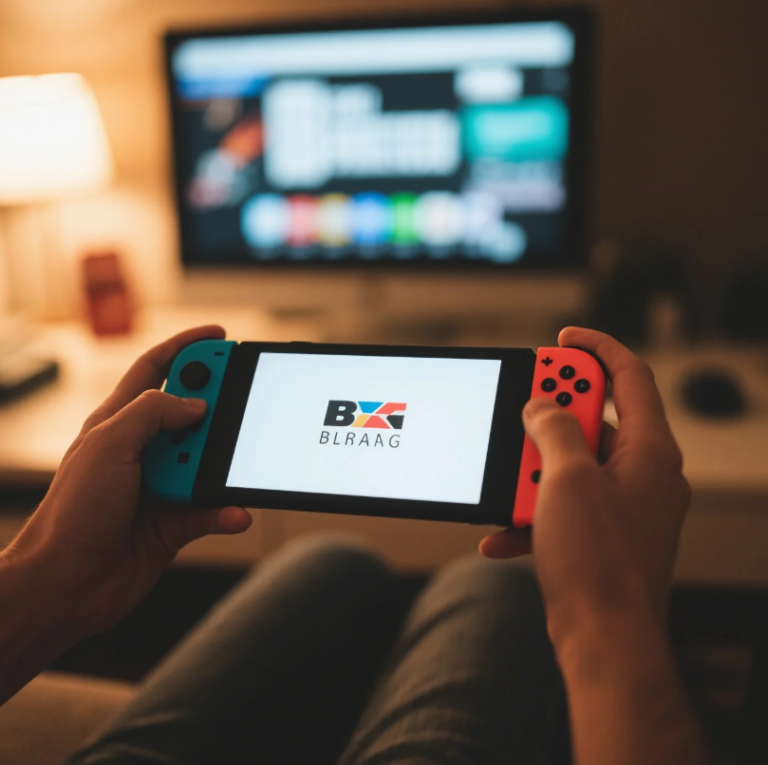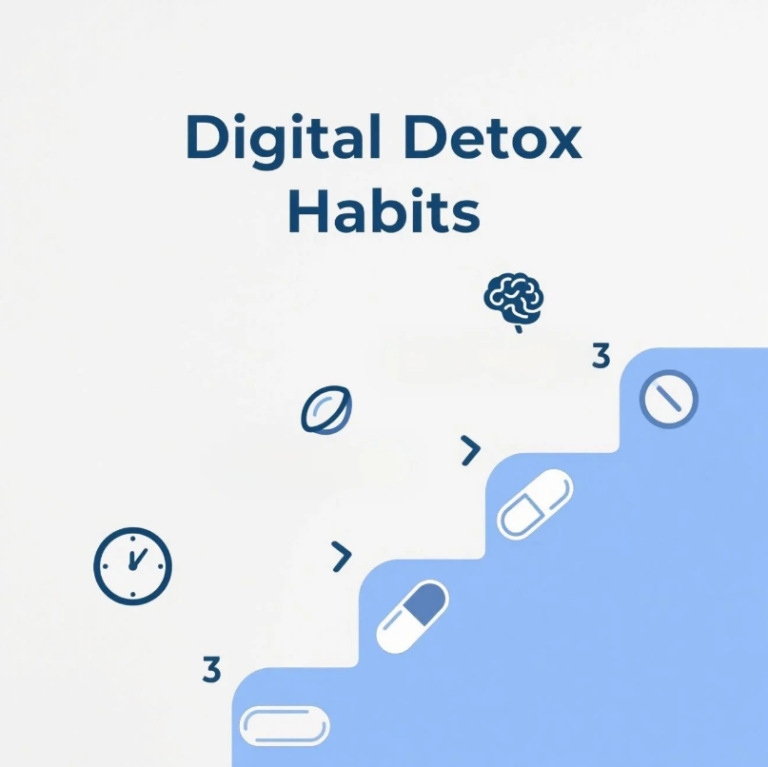
In today’s hyper-connected world, our smartphones, laptops, and social media accounts are always just a tap away. While this connectivity has its benefits, constant digital engagement can lead to stress, distraction, and even burnout. That’s why the concept of a digital detox — taking intentional breaks from screens and online activity — is becoming increasingly popular.
If you’ve ever considered unplugging for a weekend but aren’t sure where to start or what to expect, this ultimate guide will walk you through everything you need to know. From preparation tips to the benefits and challenges of a weekend digital detox, get ready to reclaim your time, recharge your mind, and find balance in the modern world.
What Is a Digital Detox?
A digital detox means stepping away from digital devices such as smartphones, computers, tablets, and TVs for a set period. The goal is to reduce stress, improve focus, and reconnect with the real world — friends, family, nature, or even yourself.
Unlike a permanent break, a weekend digital detox is short enough to fit into your busy schedule but long enough to make a noticeable difference in mental clarity and wellbeing.
Why Consider a Weekend Digital Detox?
Here are some compelling reasons why a digital detox weekend might be exactly what you need:
- Reduce Stress and Anxiety: Constant notifications and information overload can spike stress hormones.
- Improve Sleep Quality: Exposure to blue light from screens disrupts melatonin production and your natural sleep cycle.
- Boost Productivity: Without digital distractions, you’ll likely find yourself more focused and creative.
- Enhance Relationships: Real-world conversations and quality time become richer without the constant screen interruptions.
- Reconnect with Nature: Being offline encourages you to spend more time outdoors and appreciate your environment.
How to Prepare for Your Weekend Digital Detox
1. Plan Ahead and Inform Others
Let your friends, family, and coworkers know you’ll be unplugging for the weekend. This prevents misunderstandings and reduces pressure to respond immediately.
2. Choose the Right Weekend
Pick a weekend when you don’t have urgent commitments or events requiring online presence. The more relaxed your schedule, the easier the detox.
3. Set Clear Goals
Are you detoxing to reduce stress, improve sleep, or spend quality time with loved ones? Setting specific goals helps keep you motivated.
4. Prepare Alternative Activities
Fill your weekend with offline activities like reading, hiking, cooking, journaling, or creative hobbies. Planning enjoyable activities keeps boredom — and temptation — at bay.
5. Create a Digital Detox Zone
Designate an area in your home where you won’t bring devices. This physical separation supports your mental commitment to unplug.
6. Turn Off Notifications and Auto-Responders
Before the detox starts, disable notifications and set up auto-responses on email and messaging apps explaining you’re offline temporarily.
What to Expect During Your Weekend Digital Detox
Day 1: The Initial Adjustment
The first few hours can feel strange or even uncomfortable. You may experience phantom vibrations (thinking your phone buzzed when it didn’t) or a strong urge to check social media.
This is normal — your brain is adapting to the lack of instant stimulation. Use this time to dive into planned offline activities.
Day 2: Mental Clarity and Relaxation
By day two, many people report feeling calmer and more present. Your mind wanders less, allowing creativity and mindfulness to flourish.
You may notice more vivid awareness of your surroundings, improved mood, and deeper conversations with others.
Common Challenges
- FOMO (Fear of Missing Out): Remind yourself that life happens offline too.
- Boredom: Keep your offline activities varied and enjoyable.
- Social Pressure: Politely explain your detox commitment to others.

Benefits You’ll Likely Notice After the Detox
- Better Sleep: Reduced screen time, especially before bed, improves rest quality.
- Increased Productivity: Without digital distractions, tasks get done faster.
- Improved Mood: Less anxiety and more time outdoors boost emotional wellbeing.
- Enhanced Relationships: Being fully present strengthens bonds.
- Greater Mindfulness: You develop healthier tech habits post-detox.
Tips for Maintaining Balance After Your Detox
- Set Daily Screen Time Limits: Use apps or built-in phone settings to monitor usage.
- Schedule Regular Mini Detoxes: Even a few hours without screens can refresh your mind.
- Create No-Tech Zones: Bedrooms or dining areas free from devices improve quality of life.
- Practice Mindful Tech Use: Ask yourself why you’re picking up the device and what you hope to achieve.
- Prioritize Face-to-Face Time: Technology should enhance, not replace, real human connection.
Conclusion
A weekend digital detox is more than just a break from screens — it’s a chance to reset your relationship with technology and reclaim control over your time and mental health. While it may feel challenging at first, the benefits of clarity, calm, and deeper connection are well worth it.
By preparing thoughtfully and embracing the experience, you’ll return to your digital life refreshed, focused, and more mindful of how you engage with technology. So why not give yourself this gift of balance and presence? Your mind—and your soul—will thank you.


